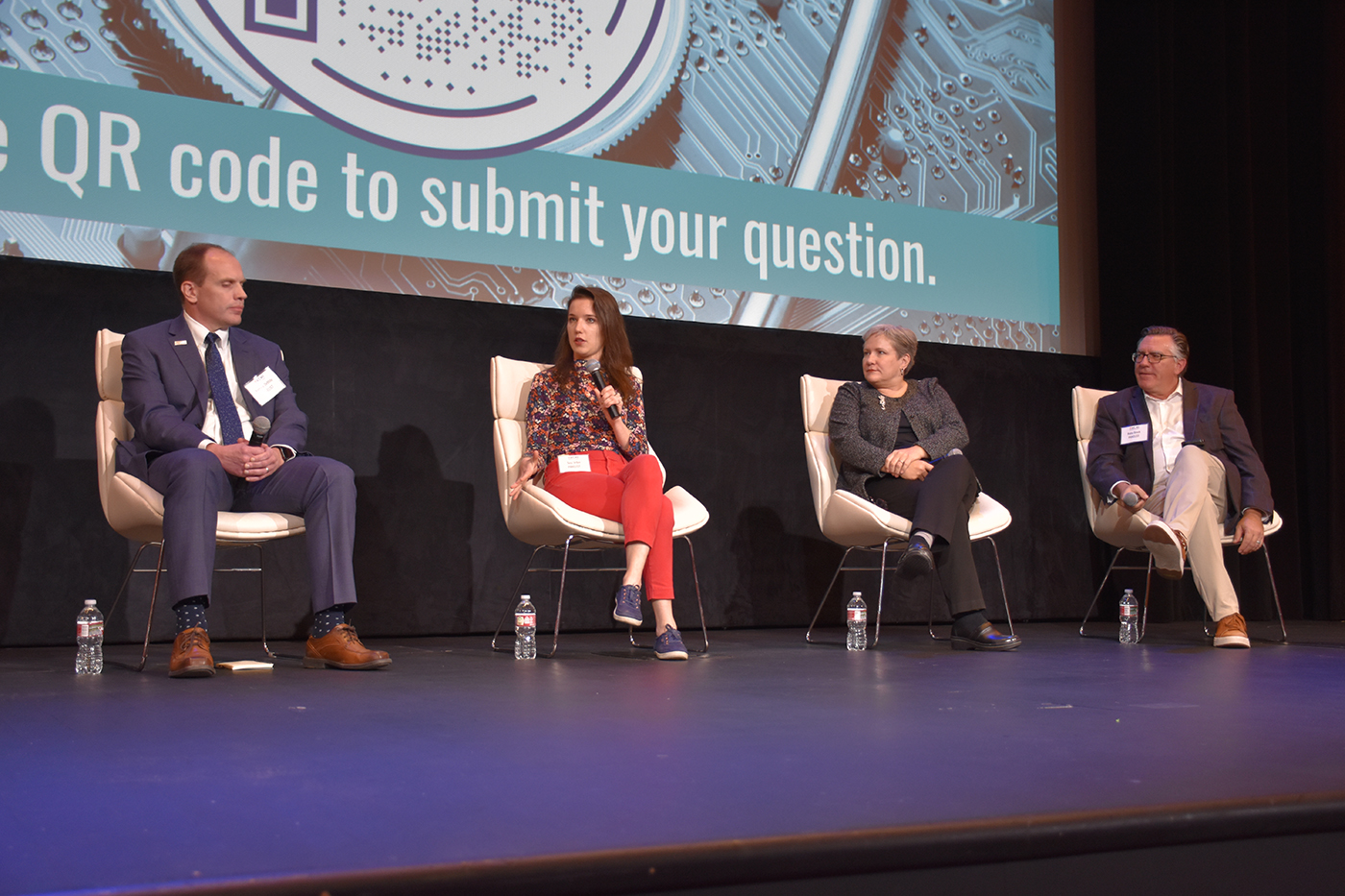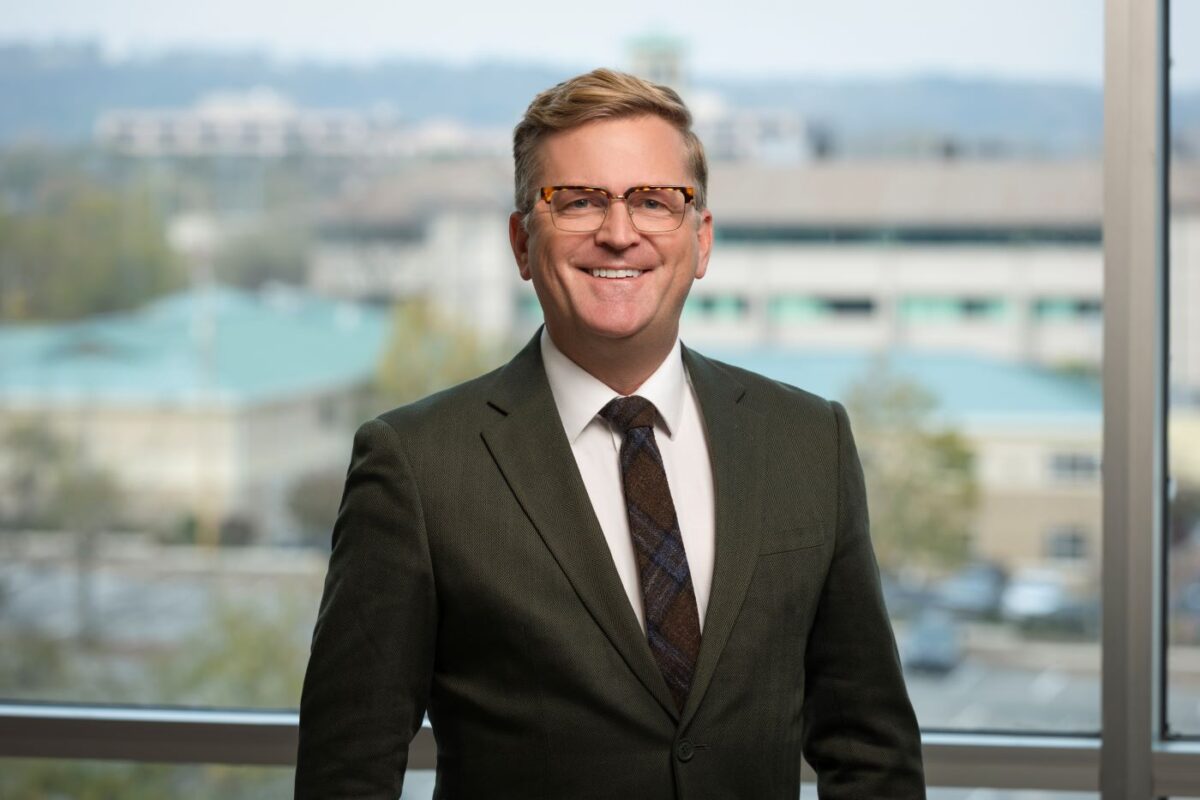Media literacy and misinformation are among the issues likely to impact the future of health care in Arkansas, according to journalists who took part in a recent ACHI-sponsored event in Little Rock.

Author
John Lyon
Strategic Communications Manager
Contact
ACHI Communications
501-526-2244
jlyon@achi.net

Titled “On the Record: Media Perspectives on Health Care,” the panel discussion was part of a symposium exploring the future of health care in Arkansas and marking ACHI’s 25th anniversary as a catalyst for improving the health of Arkansans. Here are some key takeaways from the conversation:
- Media literacy is more important than ever. Gwen Moritz, contributing editor for Arkansas Business Publishing Group, said that in today’s media environment, it is crucial to know what the source of information is and whether that source is reliable. She said that in many cases, someone may believe something is true because they got it from someone they trust, and that person may have received the information from someone they trust, but that person’s source may have no idea where the information originated.
- Healthcare literacy is also vital. Roby Brock, CEO of Talk Business & Politics, said the public needs to become more literate about how the healthcare system works. As an example, he cited a comment at a town hall held by former U.S. Sen. Blanche Lincoln where a woman said she wanted the government to stay out of her Medicare, the government-provided health insurance for people 65 or older. Tess Vrbin, a reporter for the Arkansas Advocate, also noted that during Arkansas’s Medicaid “unwinding” — the resumption of eligibility determinations this year after a pandemic-related pause — a substantial proportion of disenrollments resulted from Arkansans’ failure to submit required documentation.
- Misinformation, including health misinformation, is a growing problem that must be addressed, and the news industry is increasingly cognizant of this fact. Andrew DeMillo, Capitol correspondent for The Associated Press’ Little Rock Bureau, said the traditional approach to covering legislative hearings — “two quotes and a vote,” meaning that a quote from each side of an issue and a vote count was considered sufficient information for a story — is now seen as irresponsible because it allows false statements to go unquestioned. This was demonstrated during the COVID-19 pandemic, he said. News organizations like the AP are now including fact-checking in their spot news coverage, not just in follow-up stories, DeMillo said.
To listen to other conversations from our Little Rock symposium, and another symposium we held in Fayetteville, visit our archive page for The Future of Health Care in Arkansas.






